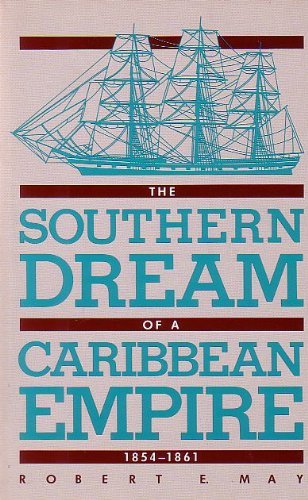
The thick chaparral on the banks of the Rio Grande provided cover for cross-border raids into Texas during the 1850s. The Juan Cortina raid on Brownsville in late September, 1859 was a last straw for Sam Houston – jailed prisoners were freed, the jailor murdered, and Cortina threatened to burn the town while issuing a proclamation of war against Americans. He additionally raised the Mexican flag and gathered recruits from the local Mexican population.
Bernhard Thuersam, www.Circa1865.org The Great American Political Divide
Texas Border Crisis of 1858
“The Cortina crisis almost provoked a major invasion of Mexico by Governor Sam Houston of Texas. On February 18, 1858, Houston advocated to the United States Senate that the United States establish a protectorate because of Mexican anarchy, but his proposal was laid on the table. Houston then warned that he might take individual action if the United States continued to refuse to forcibly involve itself.
When he delivered his inaugural address as governor of Texas in the midst of the Cortina panic, he reiterated his threat. Paternalistically describing Mexicans as “mild, pastoral and gentle people” terrorized by “demagogues and lawless chieftains,” he said that if federal authorities could not correct the situation, he might have to exercise his “fullest powers.”
Houston nearly carried out his threat in 1860. Besieged by complaints over Mexican infringements of the border, Houston wrote to the War Department and sent emissaries . . . to get more troops on the Rio Grande or financial support for a Texas Ranger regiment to police the border. Simultaneously, he undertook preparations for an invasion of Mexico in the event that federal support was not forthcoming.
Houston even contacted Colonel Robert E. Lee, temporary U.S. Army commander of the Department of Texas at San Antonio, for the purpose of engaging him in a leadership role in the filibustering expedition. But Lee declined; he would not involve himself in any such enterprise without federal authorization.
[Houston] wanted to get the English bondholders of the Mexican debt to finance the enterprise, and . . . he planned to employ Texas Rangers mustered to fight Indians, Indian guides, and perhaps the Indians themselves for a grand move into Mexico. It is certain that had Houston made a move, Texas citizens would have rallied to his banner . . . and Texans were anxious to get another chance to fight their old foes.”
(The Southern Dream of a Caribbean Empire, 1854-1861, Robert E. May, LSU Press, 1973, excerpts pp. 144-146)

Some things never change . . .
ReplyDeleteGood point.
Delete